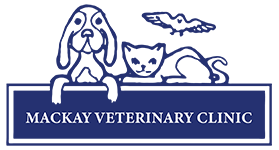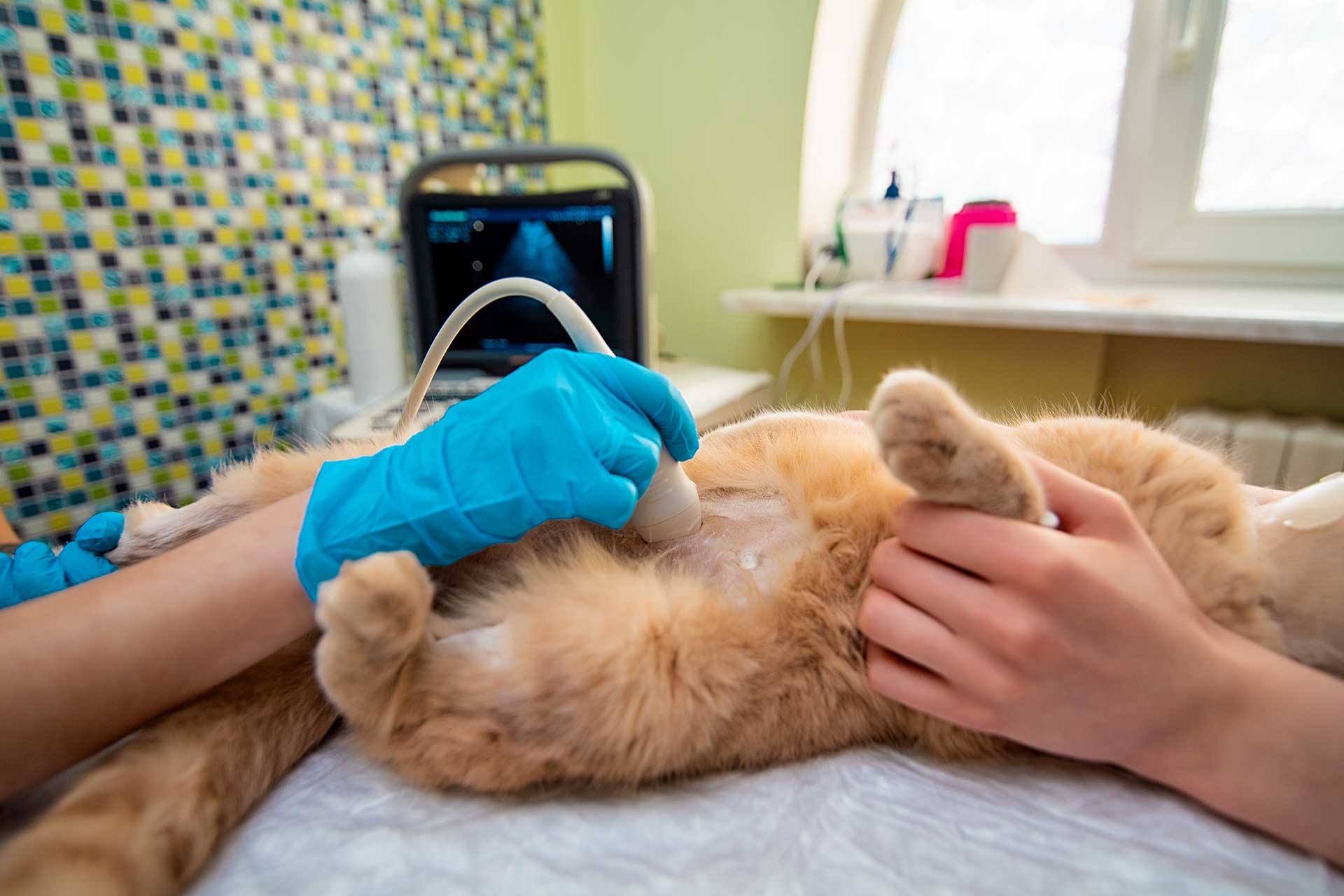The greatest approach for you to help ensure your pet’s continued health is via being attentive to their diet. In addition to frequent exercise and veterinarian treatment as required, this is very important to your pets wellbeing.
Every animal requires these fundamental nutrients:
- The most important element in any diet is water. The body of your pet contains around 70% water, and without it, they would swiftly expire. Make sure your pet always has access to fresh, clean water at all times.
- Energy-giving carbohydrates are made of plant-based sugars, starches, and fiber. The mind and muscles are stimulated by carbohydrates, which makes your pet more alert and active.
- Aside from providing energy, fats also aid in cell growth, enhance nutrient intake, and assist to produce robust cells. Nevertheless, excessive fat can result in obesity-related healthcare issues including diabetes, cardiovascular disease, and osteoarthritis.
- A healthy coat, skin, and nails requires protein. Your pet needs the amino acids found in protein to create hormones and enzymes as well as to sustain a strong immune system. Although some plants also contain proteins, felines and dogs require a high-quality protein derived from animals.
- Numerous bodily processes are regulated by nutrients and minerals. For healthy bones, your pet requires the nutrients calcium and phosphorus and Vitamins C and E that are antioxidants to support your pet’s immune system while in stressful situations.
How can you ensure that the food your pet eats is nutritious?
We urge you to do the following for best nutritional practices for your pet:
- Nourish your pet with high-end food.
Quality foods have high-quality ingredients, are produced by organizations that focus on nutritional studies, and have a proven track record of excellence and flavor. Generic pet food use might result in weight gain, erratic bowel motions, or excessive intestinal gases. - Verify the freshness of the food.
Inspect the food’s freshness before buying it, and only buy what your pet actually needs. Pet food should be kept properly wrapped and kept in a cool, dry location. Always put fresh food in a cleaned container and dispose any uneaten food. Dry food, sometimes known as “kibble,” is generally preferable for preserving oral hygiene and reducing tartar development. Soft, canned food is often more pleasant and may be kept for a longer period of time. - Feed at the proper rate.
To determine how much you should feed based on your pet’s optimal weight, ask us, or look at the label (not necessarily the same as their current weight). Avoid giving pets a lot of food at once or as much as they request. Obesity, intestinal distress, or even bloating, a potentially fatal disease, might result from doing so. - Keep a regular schedule.
A consistent regimen can assist your pet in maintaining consistent bowel movements and preventing mishaps indoors. Because they tend to be highly active and burn greater calories, young pets require feeding more frequently. Do not give them “human” food.
The gastrointestinal system of your pet is less complex than your own and is sensitive to changes. Giving table leftovers to pets may lead to an imbalanced diet, unsettled tummy, or even potentially fatal pancreatic inflammation.
Life Cycle Feeding
As your pet ages, their dietary needs will alter. Puppy food is necessary for puppies since it contains more calories, calcium, and proteins; providing it to an older dog might result in obesity. For their best nutrition, senior dogs also require diets low in fat and augmented with fiber. Many high-end senior foods also include supplements to help control arthritis and improve your pet’s wellbeing.
To talk about the dietary requirements for your pet, please drop us a call. We will create a diet that is customized for your pet in order to provide them the best health and longevity of life. Keep in mind that both you and your pet are what you consume!



